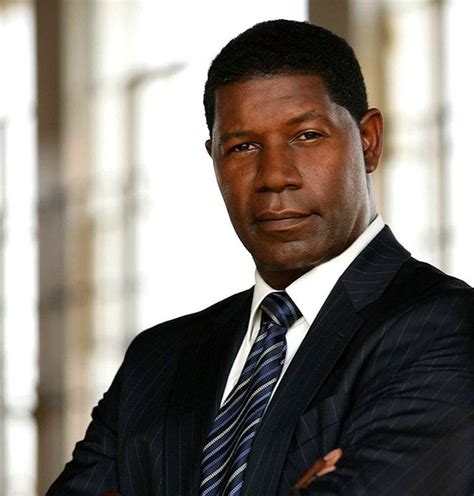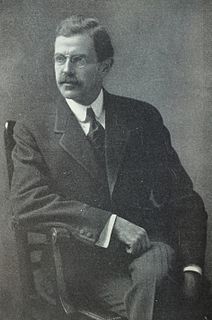A Quote by David Hume
These arguments on each side (and many more might be produced) are so plausible, that I am apt to suspect, they may, the one as well as the other, be solid and satisfactory, and that reason and sentiment concur in almost all moral determinations and conclusions.
Related Quotes
When confronted with two courses of action I jot down on a piece of paper all the arguments in favor of each one, then on the opposite side I write the arguments against each one. Then by weighing the arguments pro and con and cancelling them out, one against the other, I take the course indicated by what remains.
Does the human being reason? No; he thinks, muses, reflects, but does not reason...that is, in the two things which are the peculiar domain of the heart, not the mind, politics and religion. He doesn't want to know the other side. He wants arguments and statistics for his own side, and nothing more.
Further, the same Arguments which explode the Notion of Luck, may, on the other side, be useful in some Cases to establish a due comparison between Chance and Design: We may imagine Chance and Design to be, as it were, in Competition with each other, for the production of some sorts of Events, and may calculate what Probability there is, that those Events should be rather be owing to the one than to the other.
I love America more than any other country in the world, and, exactly for this reason, I insist on the right to criticize her perpetually. I think all theories are suspect, that the finest principles may have to be modified, or may even be pulverized by the demands of life, and that one must find, therefore, one's own moral center and move through the world hoping that this center will guide one aright.
What Congress and the popular sentiment approve is rarely defeated by reason of constitutional objections. I trust the measure will turn out well. It is a great relief to me. Defeat in this way, after a full and public hearing before this [Electoral] Commission, is not mortifying in any degree, and success will be in all respects more satisfactory.
Of course, this has its good side as well as its bad one. As we become permanent drunkards by so may separate drinks, so we become saints in the moral, and authorities and experts in the practical and scientific spheres, by so many separate acts and hours of work. Let no youth have any anxiety about the upshot of his education, whatever the line of it may be. If he keep faithfully busy each hour of the working day, he may safely leave the final result to itself.
Many people have written about the economic meaning of globalization; in One World Peter Singer explains its moral meaning. His position is carefully developed, his tone is moderate, but his conclusions are radical and profound. No political theorist or moral philosopher, no public official or political activist, can afford to ignore his arguments.
For I am well aware that scarcely a single point is discussed in this volume on which facts cannot be adduced, often apparently leading to conclusions directly opposite to those at which I have arrived. A fair result can be obtained only by fully stating and balancing the facts and arguments on both sides of each question.
There may be a soul of the world, there may be ... a psychical side, of which we are not aware, to every atom in the universe, and the psychical side, like the moon, may show us ever but the one face, the other forever in the shadow; but, at best, this is only a conjecture, it presents no solid foundation upon which to rest a theory.
O Lord, may I never want to look good. O Jesus, may I always read it all: out loud and the very way it should be. May I never look at the other findings until I have come to my own true conclusions: May I care for the least of the young: and become aware of the one poem that each may have written; may I be aware of what each thing is, delighted with form, and wary of the false comparison; may I never use the word "brilliant."







































